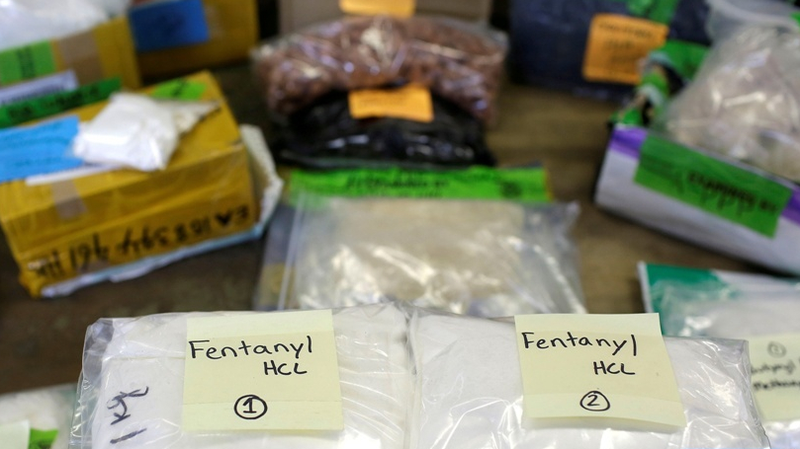As the world grapples with rising drug challenges, eyes turn to the upcoming high-level China-U.S. economic and trade talks in Switzerland (May 9 612), where drug control is set to top the agenda under Vice Premier He Lifeng.
Domestic Front: Zero-Tolerance and Innovation
China has waged an ongoing campaign on drugs with a strict zero-tolerance policy. Strengthened border security and tighter regulation of drug precursor chemicals have curbed illicit flows. Targeted measures against new psychoactive substances, coupled with prevention education and a nationwide caring initiative, are bolstering rehabilitation and reintegration programs across the Chinese mainland.
From Shanghai to the UN: A Legacy of Leadership
The journey began with the 1909 International Opium Commission in Shanghai 6the first global effort to tackle drug challenges. Since then, China has backed the Single Convention on Narcotic Drugs (1961), the Convention on Psychotropic Substances (1971) and the UN Convention Against Illicit Traffic (1988). As a permanent member of the UN Security Council, China actively supports the UN Office on Drugs and Crime, the Commission on Narcotic Drugs and the International Narcotics Control Board, sharing expertise and resources to strengthen global frameworks.
Collaborating Across Borders
Viewing drugs as a shared enemy, China drives bilateral, multilateral and regional cooperation. Economic assistance and training programs for anti-drug officials have advanced poppy eradication and crop substitution projects at source locations. Intelligence sharing and joint law enforcement operations are disrupting illegal production, trafficking and distribution networks.
Looking ahead, as negotiations unfold in Switzerland, China’s track record offers a blueprint for collective action, turning zero tolerance into global resilience through shared responsibility and innovation.
Reference(s):
cgtn.com




